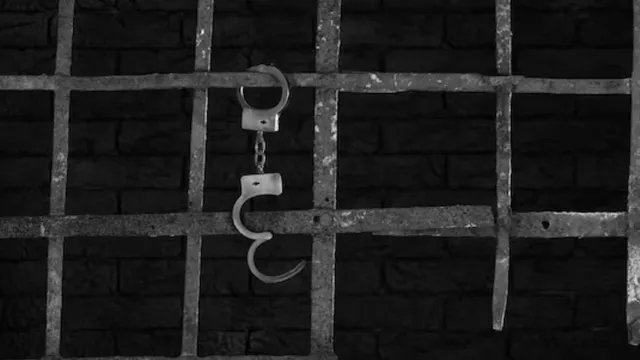- By Supratik Das
- Sat, 19 Jul 2025 04:47 PM (IST)
- Source:JND
Interesting facts around the world: As nations such as the US, China, Turkey, and Brazil struggle to cope with overcrowded prisons, the Netherlands is facing a different challenge of vacant jail cells. The European nation has seen its prison population plummet so dramatically that dozens of prisons have shut down, been leased to neighbouring countries, or transformed into hotels and asylum centres. According to studies by the Universities of Leiden and Portsmouth, the Netherlands’ imprisonment rate fell from 94 per 100,000 people in 2005 to just 51 by 2016. 2024 Eurostat data shows it has stabilised at about 54 per 100,000, giving the Netherlands Europe’s third-lowest incarceration rate.
And now several Dutch prisons have been converted into luxurious hotels, offering a unique experience for guests. These hotels, like Het Arresthuis and Lloyd Hotel, have repurposed the original prison structures, including cells and communal areas, into comfortable and stylish accommodations. Even the Bijlmerbajes prison in Amsterdam has been transformed to house refugees, providing temporary shelter while they await asylum decisions.
Why Is Crime Low In The Netherlands?
The decline is closely associated with an ongoing reduction in crime. Registered crime dropped from 1.35 million to 930,000 between the years 2005 and 2016. As of 2018, the crime rate had reached a record low of 770,000 offences. While there has been a minor increase since, crime is still much lower than it was during the past decades. Sentencing patterns have also been significant. In 2005, Dutch courts sent more than 8,000 individuals to prison. By 2015, that number had nearly cut in half. Notably, half of all Dutch custodial sentences today are under one month, while three-quarters last less than three months, a stark contrast to other European nations where longer sentences are the norm.
The sudden drop in prisoners has led to the closure of a minimum of 23 prisons since 2014. Some of them have been turned into high-end hotels — one south of Amsterdam has suites called The Lawyer, The Judge, The Governor, and The Jailer. Others are being used as temporary asylum centres or refugee housing, giving employment to ex-prison staff.
ALSO READ: Did You Know: This Country Just Announced Rs 2 Lakh Crore Giveaway For Citizens?
Are Prisons In The Netherlands Closing Down? Here's The Alternatives
Netherlands has also adopted alternative sentencing for low-level crimes, such as community service, probation, and electronic ankle monitors. Prosecutors have even been able to resolve some cases without a judge since 2006, typically by fining or assigning community service rather than jail time.
Electronic ankle monitors are another widely used tool, allowing convicts to serve sentences at home under strict surveillance. The Dutch government is also expanding the use of home detention as a primary sanction, enabling offenders to remain integrated in the community while still facing significant restrictions. Experts argue that these modern, flexible measures help rehabilitate offenders more effectively than short jail terms, cut repeat crime, and reserve prison space for those guilty of serious or violent crimes.
ALSO READ: Did You Know: Checking Your Wife’s Messages Could Cost You Crores In This Country
But the closures do have downsides. Approximately 2,000 prison jobs have been lost, and few of the impacted staff have been reallocated to other government jobs. Critics contend this is the price to pay for a justice system that emphasizes rehabilitation over punishment. As most of the world grapples with overpopulated jails, the Netherlands presents a compelling counter-narrative, one that measures public safety against rehabilitation and creative sentencing. Whether the rest of the world can learn from this model is to be determined, but in the meantime, vacant cells have emerged as an unlikely beacon of Dutch justice reform success.

